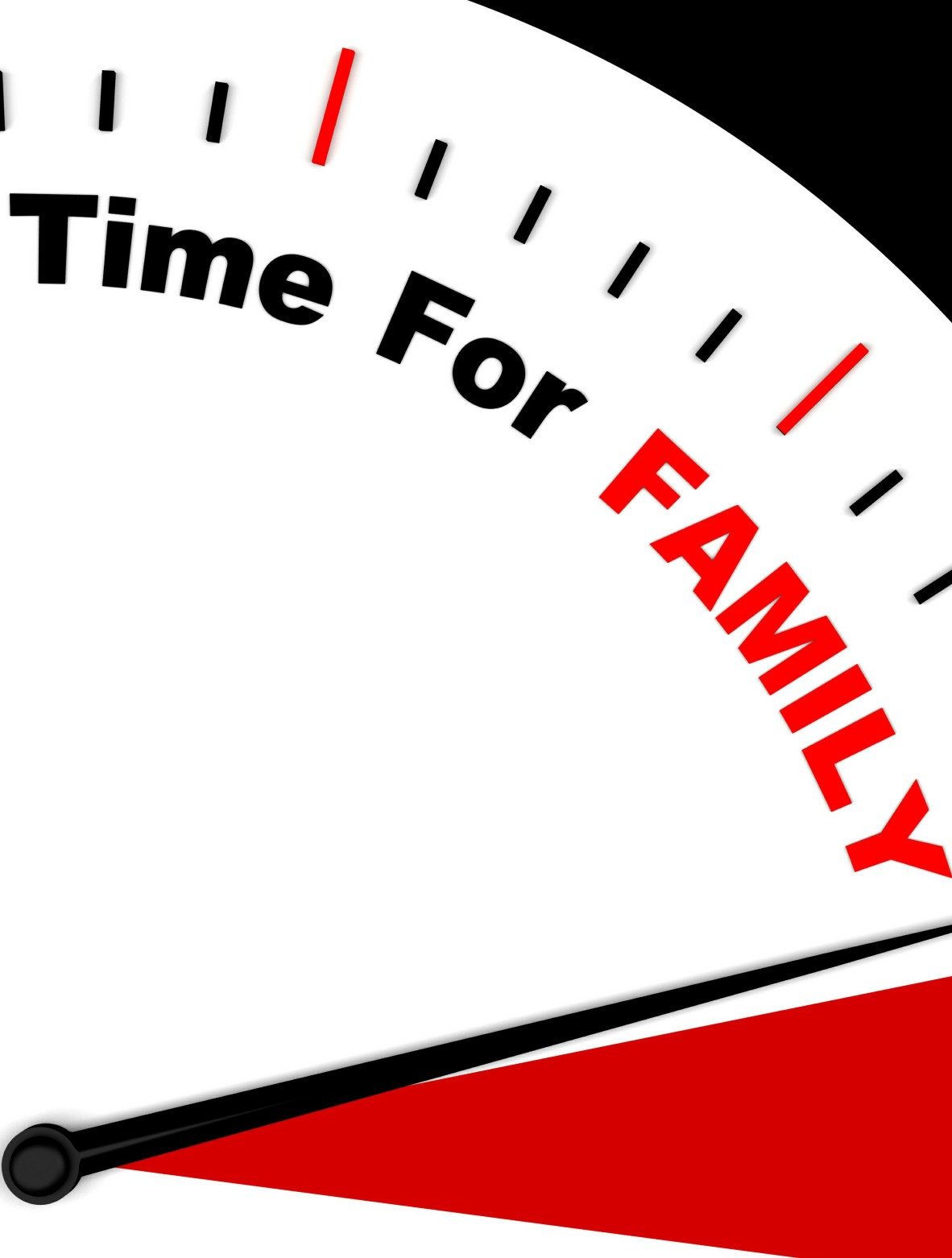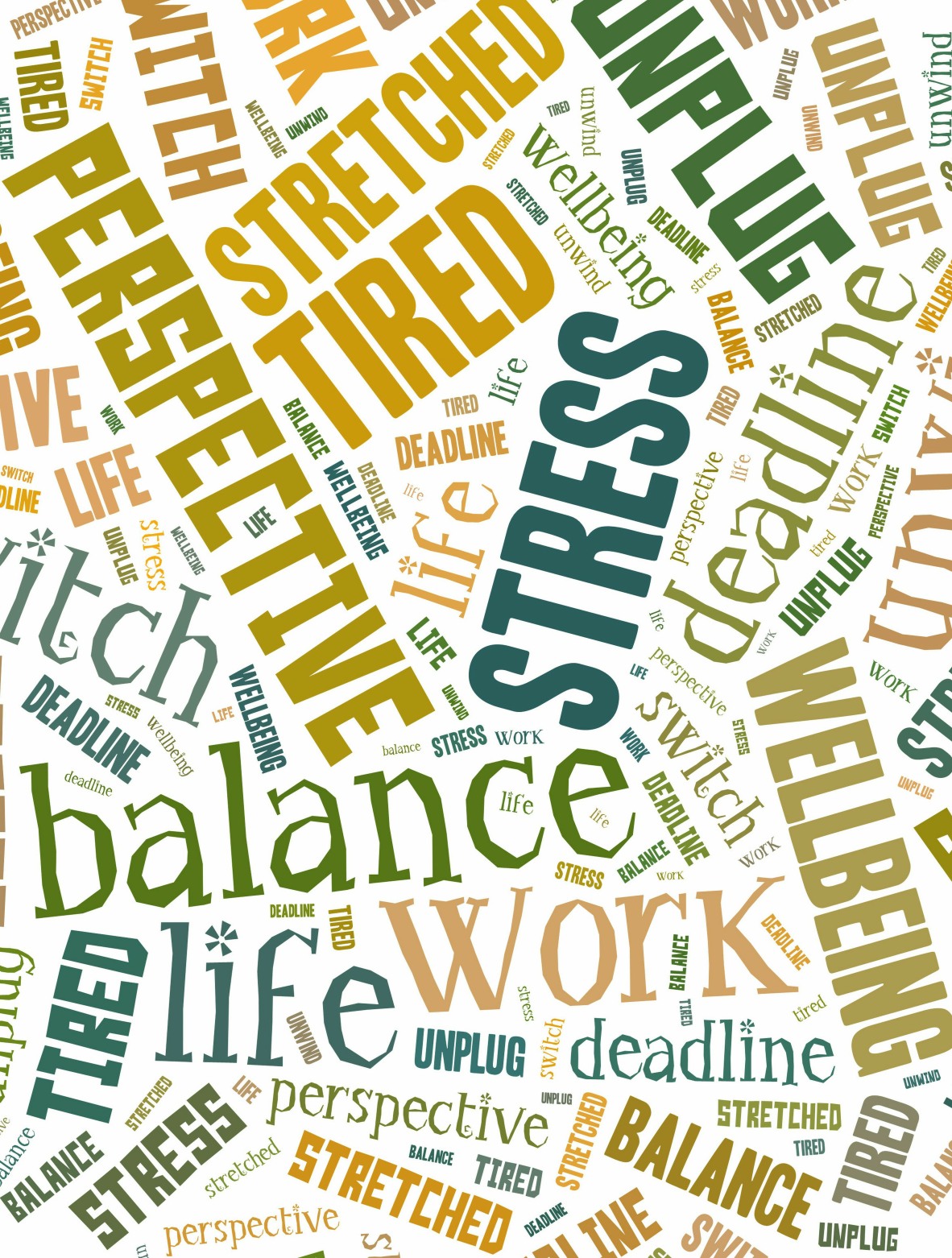

Work-Life Balance
Do you find yourself struggling to fit it all in?
Is letting go and relaxing with friends and family difficult after a stressful day at work?
Read on for thoughts on how to manage a better work-life balance
Work-life balance: why is it important?
- In our 24-
hour society there is a temptation to think that we too can operate around the clock, at all hours of the day and night. We may even get a sense of satisfaction from our ability to respond to client queries and work crises no matter what time they come through. Stress has been proven to enhance our focus and productivity, and some people thrive on working to tight deadlines under a considerable amount of pressure.
- While stress can be a great motivator, when things become too much, that stress can become distress, which can cause us difficulties with our health, our relationships and our general sense of wellbeing.
- It has been said that a candle that burns twice as brightly only burns for half as long. Perhaps you can see the truth in that statement? Many people decide to reassess their work-
life balance after they have had a heart attack or other serious health problem, through fear of a recurrence or further health complications.
- Others realise that their young family will not be young forever, and that those ‘first’ moments at the school production or that ‘double figures’ birthday party cannot be recaptured once they have passed. It can sometimes take a sharp shock before we realise that we are human beings, not human doings, to think through what is really important to us and to prioritise accordingly.
- The benefits of a healthy work-
life balance can come in the form of better relationships with our friends and loved ones, better sleep at night and a more easy going, flexible outlook on life. Are those things which seem appealing to you?
If you can relate to some of what is written above, the information below may give you food for thought as to whether you are experiencing work-life balance difficulties and what to do about them …


Do you think you may be working too much? Do you feel you might benefit from considering whether your life is as enjoyable as it could be, or are you afraid to look? Find out below if your work-life balance is one-side heavy
Do I have a problem with stress? How can I tell if I am a little off-balance?
You may be able to tell straight away that your scales are tipped a little too much towards the work side of things, yet sometimes it is difficult to recognise that you are struggling to strike the best balance. You may not be able to see what for others in your life is obvious, or you may be having difficulty facing up to your problem. People wrestling with a poor work-
- Being irritable and snappy with those close to them
- Feeling resentful at having to put on a ‘mask’ to hide their true feelings
- Not sleeping well or waking at night worrying about the day ahead
- Finding the first few days of a holiday period are tense and difficult
- Being unable to relax and ‘let go’ on days off from work
- Feeling tense and wound up a lot of the time
- Not being fully present at family events or celebrations
- Thinking of work often even when they are not there
- Constantly having a cold or aches and pains that won’t seem to go away
- A partner, close relative or friend being concerned about their wellbeing
You may think you don’t have an option when it comes to your job and how you view it, yet many people find that with an open mind and ability to take a different perspective, change and acceptance are possible in many situations. Further below we look at what can be done to regain the middle ground …


Making small changes can have a big impact on your work-life balance
Here are some further ideas to help you regain balance in your life, by:
- Being realistic about what you can change in your work routine and what has to be accepted. When you know the difference, accept the latter – don’t just ‘put up’ with it
- Making the journey to and home from work more enjoyable. Humour is a great stress-
buster, and so downloading a comedy podcast for use with your smartphone or MP3 player during the commute can help to ease tension. If you take the bus or tube, get off one stop earlier and add this morning/evening walk to your lunchtime one
- Maintaining clearer boundaries; if your job means you have to check your work phone regularly, do so every other hour instead of every hour, and make a cut-
off point beyond which you will not check your phone at night (remember, put it on silent – not vibrate)
- Being forgiving. This means to yourself as well as to others. Feeling pressure to be on form each and every day can be a huge weight. Giving yourself permission to have an off day every now and again can lead you to being more understanding of others’ difficult patches
- Being cautious. If a promotion comes up at work, find out exactly what the new role entails – would the extra status and increase in salary be worth the additional sacrifices in terms of hours and energy put in?
- Making the most of your family time, and recognising that time spent watching TV with your children and talking about their favourite characters may be more what they want to do with you than your idea of the ‘quality time’ you feel you should be having with them
None of the changes suggested above are instant fixes, as new lifestyle choices take time to put into practice. If you are finding it difficult to change your routine, you could first try changing your attitude to one of acceptance rather than resistance or resentment. Searched for with a glad heart, solutions often present themselves more readily than when approached with a heavy frown. The fact that you are reading this web page is a positive step towards learning how to maintain a better work-
If you are wanting to take steps to achieve a better work-life balance and would like to know more about how the online counselling service offered at Ashwood Therapy could assist you in making changes, you could book a free, no obligation initial consultation by video call or instant messaging (text) chat to talk things over with Rob. It could be the first step towards getting things ‘back on track’.


Coping with stress: If you feel you may be suffering from an imbalance in your weekly routine, what can you do about it? You might find that a few of the ideas outlined below make a big difference in regaining control of your wellbeing
What can I do to regain that important middle ground?
The answer, put simply, is to be prepared to change a few things, and accept a few others.
When possible, it is important to shift the focus more from work to things happening outside of the work environment, whether that be with yourself, your family and friends, or the natural world. It is important to remember that some of the ideas listed below will be suitable for you to incorporate into everyday living, whereas others won’t be. Finding out what helps you cope with stress is important as everyone’s situation will differ. Clients of Ashwood Therapy have benefitted from these simple ways of managing stress to add more weight to the ‘life’ side of the work-
- Taking a brief walk at lunchtime, preferably in the fresh air, and putting your phone on silent (not vibrate) while you are out. A pocket umbrella will mean you are prepared even during the winter months
- Booking a time slot in your diary for yourself in the middle of the day, and giving yourself that hour / 30 minutes to do something completely different (standing up if you sit usually, sitting if your job involves standing most of the time)
- Focusing on a photo of your loved ones for two or three minutes regularly – this can be either a paper photo or an image on your smartphone/PC, and can help you remember your priorities
- Starting getting ready to finish your day before it officially ends; this may mean drawing things to a close for 4:55 p.m. instead of 5:07 p.m. or later
- Talking things through with someone you trust. If you have a partner or close friend you would be comfortable sharing your burdens with, make use of their listening ear and make time for them to share with you, too. A professional counsellor is also a good resource to make use of, and will help you learn to cope with stress in a confidential setting

























